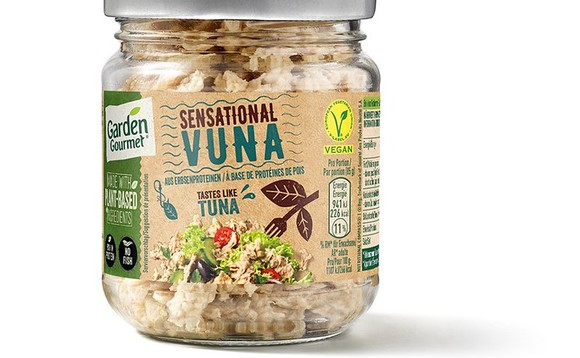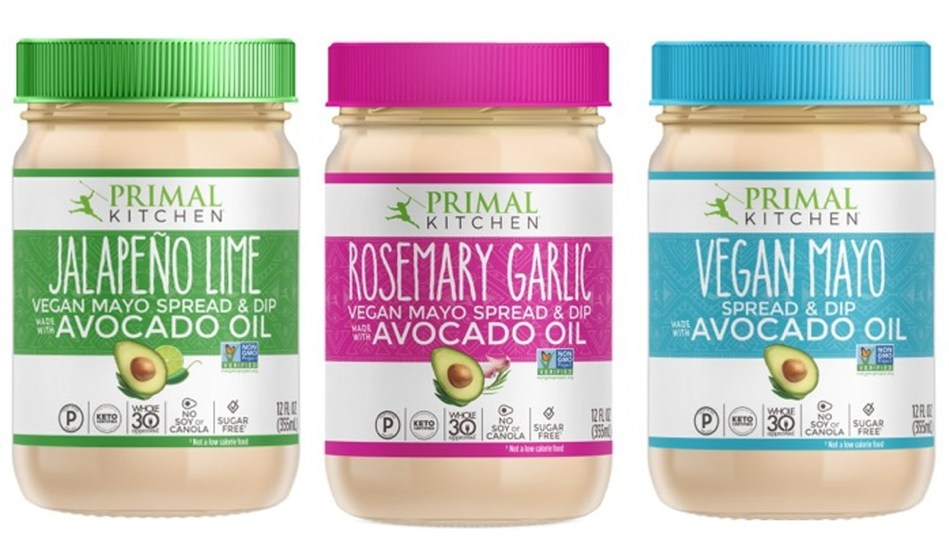The food and beverage industry has faced once of its toughest years to date — and the year isn’t even over yet. Since the future is unpredictable, it’s difficult to imagine what the industry will look like in ten years and the lessons it will take from the COVID-19 pandemic. In a report entitled “The Future of Food & Drink 2030,” by the World Global Style Network, the authors concluded that, despite several challenges, the industry is resilient and “will always rise to the situation.”
One of the ways it will remain volatile is by meeting consumer demands for plant-based meat alternatives. Consumer habits have shifted over the last decade, with more and more people cutting out meat and looking for alternatives that resemble it in taste, texture and cost.
Related: World’s Largest Meat Company Enters Plant-Based Meat Market
Traditional Meat Companies Enter The Plant-Based Sector
Beyond Meat and its rival Impossible Foods have made names for themselves as the two largest plant-based food makers will large-scale distribution agreements, especially in China. Traditional meat companies are taking notes from these plant-based giants and entering the space themselves.
Tyson Foods and Kellogg Company, two traditional meat companies, are expanding their product lines to include plant-based burgers, meatballs and nuggets.
“Leading players such as Impossible Foods and Beyond Meat will continue to gain growth, but many others will have joined the fray by then, alongside growth from other protein areas such as insects,” the report said.
Plant-Based Food As An Addition
Plant-based food makers aren’t just focused on vegetarian and vegan consumers, but rather meat-eating consumers looking to eat more plant-based foods. Many consumers purchasing from Beyond Meat and Impossible Foods are looking for the occasional plant-based alternative rather than a complete meat replacement.
The report said that meat will always be considered as a “specialism and a treat,” with an emphasis on locally-grown and fresh products. Here are some of the innovative ways plant-based meat companies are competing with their animal-based counterparts.
Promoting Health With Plants And AI
Food of the future focus on functionality, with plants playing a major role, the report said.
San Francisco-based biotech company Brightseed exemplifies this by using artificial intelligence to “illuminate and activate the connections between people and plants,” according to their website. The company scans decades worth of biomedical research to determine the most powerful compounds from plants and links them to health targets related to immunity, cognition and digestion.
Miraculex is another company embracing health trends. The California-based startup found a way to make food sweet without sugar through plant and fermentation technologies.
Five Takeaways From The Report
The report identified five key takeaways that will drive change in the food and beverage industry by 2030:
- Wellness: The role of food will shift to become more functional, with an emphasis on health and wellness.
- People: With the world’s population rising, new ideas will spur growth in the industry that cater to different generations.
- Planet: More companies will focus on creating sustainable foods with less of an impact on the environment.
- Experiences: The growth of molecular gastronomy, artificial intelligence and immersive food experiences for consumers will ensure continued innovation.
- Demand From Growing Middle Class: Pork is the most consumed meat in the Chinese market, and the growth of the middle class could present challenges in the future.









Join or login to leave a comment
JOIN LOGIN